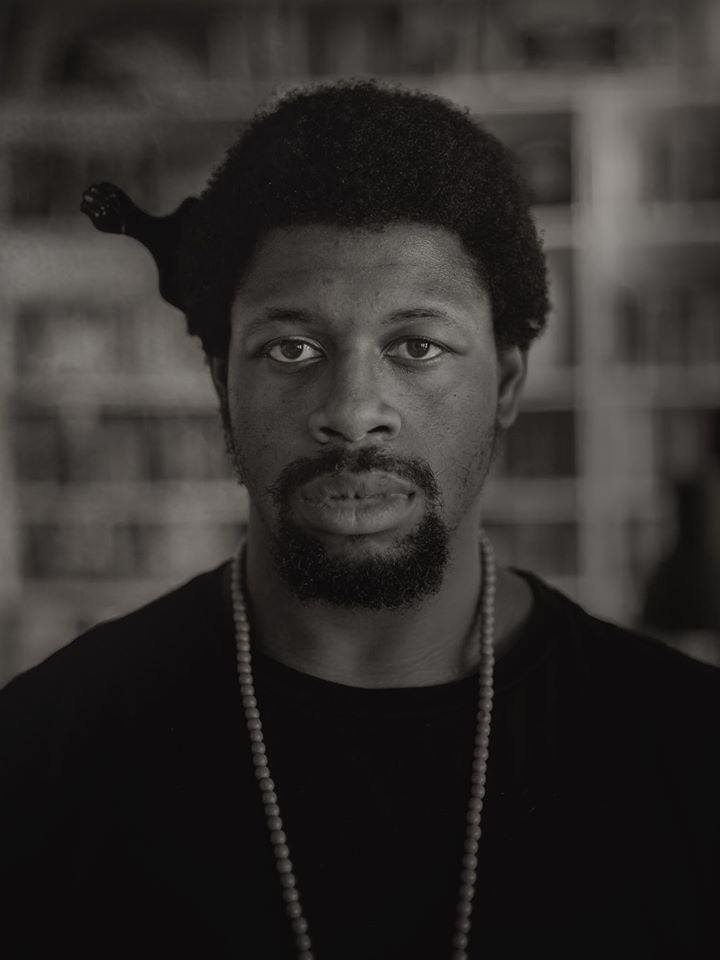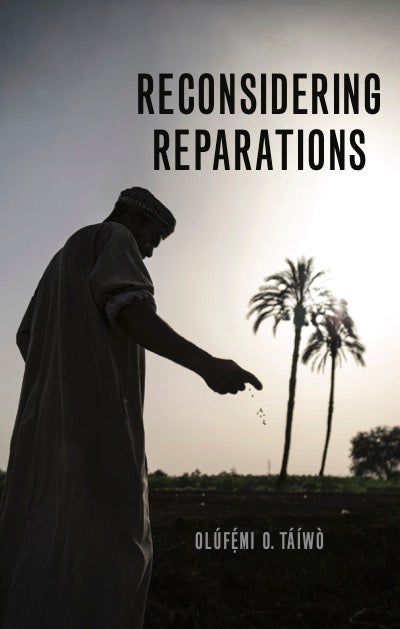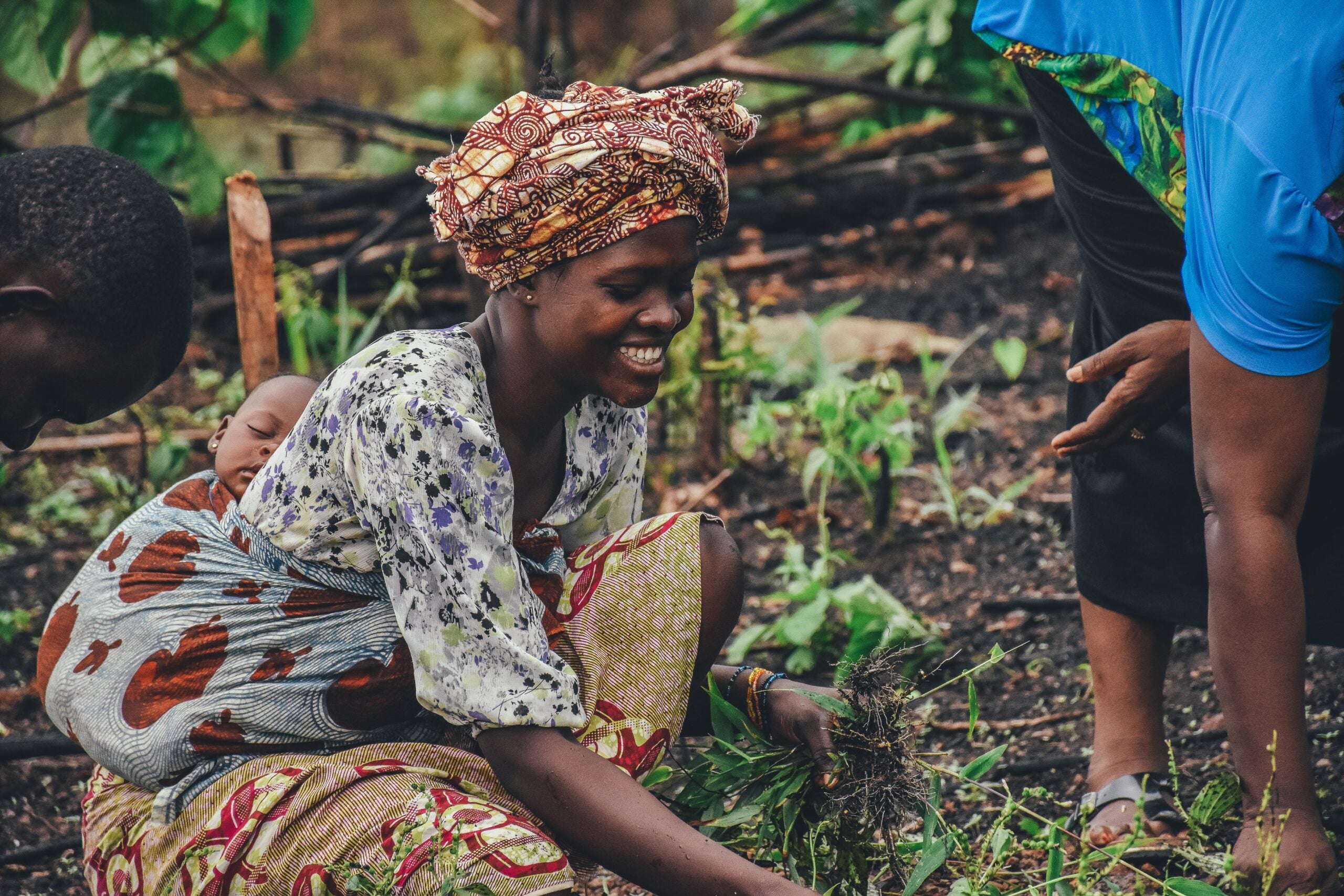Reparations for Slavery and Colonialism Linked to Climate Crisis: New Book Explores the Connection
Olúfẹ́mi Táíwò wants to remake the world… literally.
In his book, Reconsidering Reparations, Táíwò, an assistant professor in the Department of Philosophy, reimagines what the reparations movements responding to Trans-Atlantic slavery and colonialism should look like and how they can function. Rather than pursuing a retributive or restorative framework for reparations, Táíwò proposes a third, ‘constructive,’ model.
Táíwò imagines reparations as an “ongoing political project to create tomorrow’s just world and justly distribute the costs of that creation in light of yesterday’s injustice.”
Deploying reparations to redress the wrongs of the colonial era while building a better world is not a new concept, per se, but Táíwò wants to synthesize a historically cognizant outlook with one that is forward-thinking and optimistic.

Olúfẹ́mi Táíwò. Photo by Jared Rodriguez.
The Case for Reparations
The legacy of the trans-Atlantic slave trade and European colonialism is still felt throughout the Global South and among Black and Indigenous communities in wealthy nations like the United States. For centuries, political, economic and military systems extracted wealth and resources from Africa, Asia, North America and South America, plundering four continents to enrich the empires of one.
European colonization was an act of worldbuilding. Only five countries across the globe remained uncolonized by European empires. The modern world was made through bloodshed and exploitation. To right this wrong, and build a just distributive system, requires a genuinely monumental undertaking: the remaking of the world.
Climate Justice as Reparations
Táíwò began working on the book in earnest after continually hitting a roadblock pursuing racial justice through the traditional avenues of political and economic action. The timeline for building an equitable future was incompatible with climate catastrophe.
He asks: “What will it profit a parent to be able to send their children to an affordable school that is burned to the ground or underwater?”
This is why Táíwò offers a way to unite two conversations – how to address the existential crisis of climate change and how to build a more equitable future after centuries of conquest and oppression. Given the enormity of both issues, there isn’t a silver bullet solution.
The Path Forward

Reconsidering Reparations draws inspiration and information from the Malê revolt, an 1835 slave revolt in Brazil, the story of which is woven throughout the book. Táíwò argues that transforming our current world requires a political, economic and racial analysis that spans continental, linguistic and cultural barriers, just like the Malê revolt.
Táíwò takes bold swings at huge ideas – broad both in scope and in ambition. Building a just, livable world is not a task that can be delegated to a single polity, as he posits it must involve various groups and communities across continents. His book affirms the cash transfer view of reparations, which involves direct payments to communities including the descendants of enslaved people in the United States and the Caribbean.
The professor argues that overlapping movements can affect real change. For example, transitioning utilities from investor-owned utilities to community-owned can transfer resources into the hands of marginalized communities, shift the incentives that govern the flow of capital and pollution and address the climate crisis.
Written for a broad audience, Táíwò’s work will no doubt push both the public and academic conversations around reparations. Published by Oxford University Press, Reconsidering Reparations, will be available in both ebook and hardcover formats beginning January 20.
-by Hayden Frye (C’17)
- Tagged
- Books
- Faculty
- Philosophy
